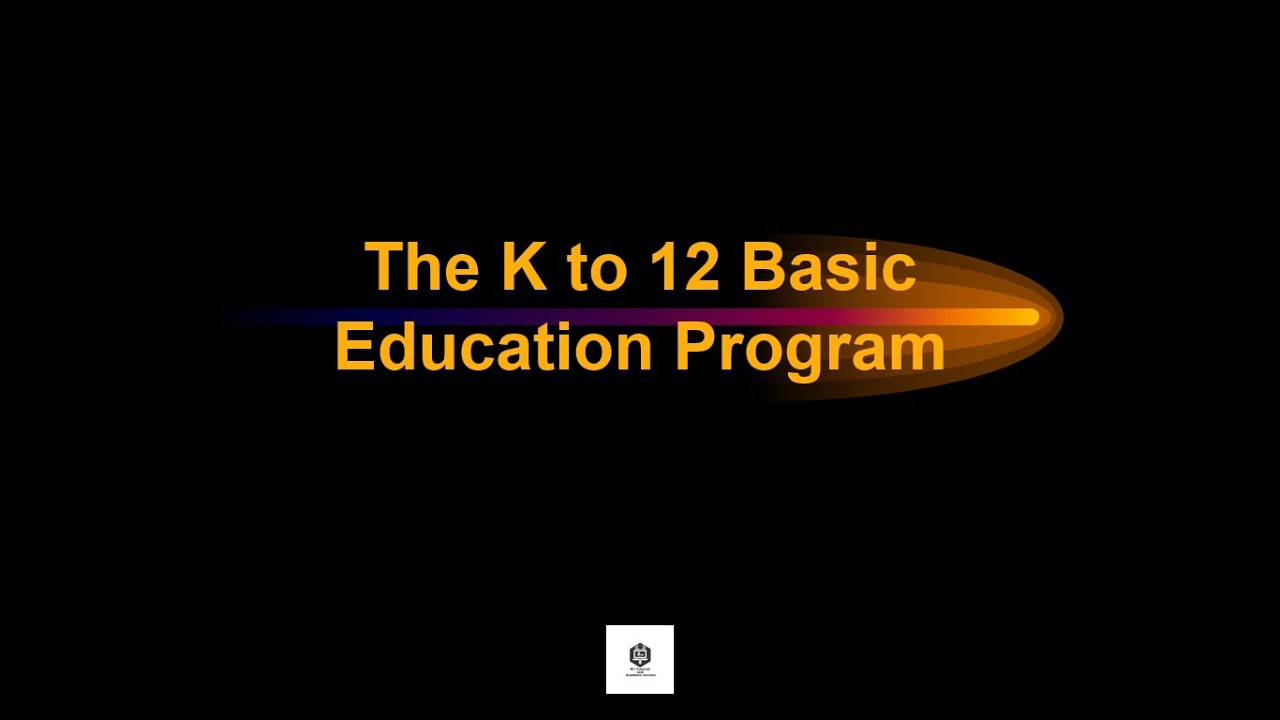What is Mother Tongue? (MTB-MLE- It's Major requirements)
Summary
TLDRIn this educational video, the importance of using mother tongue as the primary language for teaching from kindergarten to grade three is discussed. The script highlights the advocacy of UNESCO and the Department of Education in the Philippines for mother-tongue-based multilingual education (MTB MLE), which is supported by President Benigno Aquino Jr. The video outlines the ten fundamental requirements for a strong MTB MLE program, emphasizing the use of the mother tongue for better learning outcomes and cultural heritage preservation.
Takeaways
- 👨🏫 The language used at home, known as the first language or mother tongue, is crucial for early education as it's the language children know best.
- 🏫 The Department of Education requires the use of the mother tongue in schools from kindergarten to grade three to enhance learning outcomes.
- 🌐 UNESCO advocates for the use of the mother tongue in education to preserve cultural heritage, celebrating Mother Tongue Day on February 21st.
- 📜 In the Philippines, Department Order No. 74, series of 2009, institutionalizes Mother Tongue-Based Multilingual Education (MTB MLE).
- 📚 MTB MLE utilizes more than two languages for literacy and instruction, validated by studies to improve learning and promote education for all.
- 🔤 A working orthography for the local language is essential, accepted by the majority and promoting intellectualization of the language.
- 📖 Development and distribution of affordable instructional materials are necessary, with a focus on beginning reading and children's literature.
- 👶 The mother tongue or first language (L1) is used as the primary medium of instruction from preschool to at least grade 3.
- 🏢 In secondary education, Filipino and English are the primary mediums of instruction, with L1 as an auxiliary medium to support learning.
- 👩🏫 In-service training for teachers is crucial to effectively use L1 for instruction, facilitating reading and cognitive development.
- 🤝 Community involvement and support are vital for the successful implementation of language and literacy programs.
Q & A
What is the term for the language that a child knows best and uses most?
-The language that a child knows best and uses most is called their 'first language' or 'mother tongue'.
Why does UNESCO advocate for the use of the mother tongue in education?
-UNESCO advocates for the use of the mother tongue to preserve one's heritage and improve learning outcomes.
What is the significance of Mother Tongue Day according to UNESCO?
-Mother Tongue Day is celebrated every February 21 to promote the use of mother tongue in education and to preserve linguistic and cultural diversity.
What is the purpose of Department Order No. 74, series of 2009 in the Philippines?
-Department Order No. 74, series of 2009 institutionalizes Mother Tongue-Based Multilingual Education (MTB MLE) in the Philippines.
What does MTB MLE stand for and what does it involve?
-MTB MLE stands for Mother Tongue-Based Multilingual Education, which involves the use of more than two languages for literacy and instruction.
What is the role of the mother tongue as a subject and language for teaching and learning according to the script?
-The mother tongue is used as a subject and language for teaching and learning from kindergarten up to grade three to strengthen the language foundation of students.
When should additional languages like Filipino or English be introduced in the curriculum?
-Additional languages such as Filipino or English should be introduced as separate subjects in a carefully planned pacing program, starting no earlier than grade three.
What is the primary medium of instruction in secondary level according to the script?
-In the secondary level, Filipino and English are the primary medium of instruction, but the learner's first language (L1) is still utilized as an auxiliary medium.
Why is it important for teachers to have continuing in-service training in the context of MTB MLE?
-Continuing in-service training helps teachers effectively use the learner's first language (L1) as a language of instruction, facilitating reading, cognitive, academic language proficiency, and development of cognitive and higher-order thinking skills.
What is the role of local government units, parents, and community in implementing the MTB MLE program?
-Local government units, parents, and community play a critical role in ensuring maximum participation and support for the implementation of the language and literacy program strategy.
What are the 10 fundamental requirements for a strong MTB MLE program as per Department Order No. 74, series of 2009?
-The 10 fundamental requirements include a working orthography for the local language, development and distribution of instructional materials, use of L1 as the primary medium of instruction, introduction of L1 as a subject, inclusion of additional languages, use of Filipino and English in secondary level, choice of additional languages, use of the language of instruction for testing, in-service training, and ensuring critical awareness and support from stakeholders.
Outlines

Dieser Bereich ist nur für Premium-Benutzer verfügbar. Bitte führen Sie ein Upgrade durch, um auf diesen Abschnitt zuzugreifen.
Upgrade durchführenMindmap

Dieser Bereich ist nur für Premium-Benutzer verfügbar. Bitte führen Sie ein Upgrade durch, um auf diesen Abschnitt zuzugreifen.
Upgrade durchführenKeywords

Dieser Bereich ist nur für Premium-Benutzer verfügbar. Bitte führen Sie ein Upgrade durch, um auf diesen Abschnitt zuzugreifen.
Upgrade durchführenHighlights

Dieser Bereich ist nur für Premium-Benutzer verfügbar. Bitte führen Sie ein Upgrade durch, um auf diesen Abschnitt zuzugreifen.
Upgrade durchführenTranscripts

Dieser Bereich ist nur für Premium-Benutzer verfügbar. Bitte führen Sie ein Upgrade durch, um auf diesen Abschnitt zuzugreifen.
Upgrade durchführenWeitere ähnliche Videos ansehen

POLICIES ON THE K TO 12 PROGRAM ON ECE

The K to 12 Basic Education Program

Teori Pemerolehan Bahasa✨

Game Tebak Buah dan Hewan - Python Programming

News to Go - Wikang panturo: Filipino, Ingles, o Mother Tongue?

Anunasik Sandhi - Vyanjan Sandhi | Class 11 Sanskrit Vyakaran (Core + Elective) | CBSE 2024-25
5.0 / 5 (0 votes)
